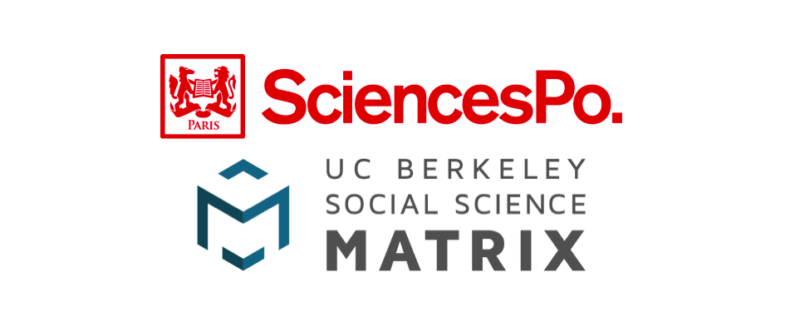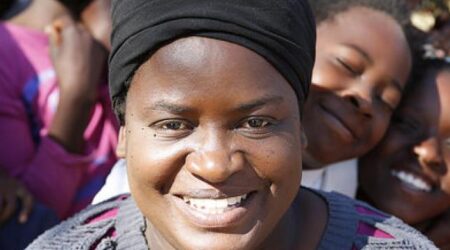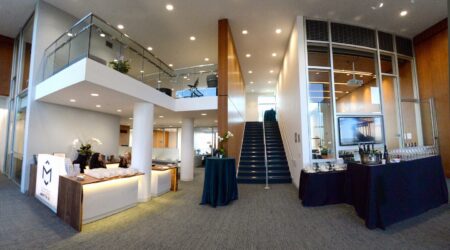UC Berkeley’s Social Science Matrix has signed an agreement with Sciences Po, a premier university based in Paris, France, to provide seed funding for collaborative research partnerships between scholars from the two universities. To kick off this initiative, each institution has committed to create a pool of funding for “seedling grants” that will enable graduate students and faculty members to work together on a cross-institutional basis.
“From the beginning, the leadership of Matrix has been committed to the proposition that we should have an international focus,” explains Bill Hanks, Director of Social Science Matrix and Professor of Anthropology and Linguistics at UC Berkeley. “Sciences Po has a mission that is consistent with ours, they are very international, and they are at the top echelon of political science, with a focus that is broadly and creatively conceived to include history, religion, and society. We felt it was a natural match.”
The Matrix-Sciences Po partnership complements an existing program enabling undergraduate students to simultaneously pursue bachelor’s degrees at UC Berkeley and Sciences Po. “Over the last couple years, UC Berkeley has completed a very interesting and highly successful program of exchange with Sciences Po at the undergraduate level,” Hanks says. “We saw that we could do something parallel at the level of graduate students and faculty, and that the proper touchpoint for that should be Matrix, as we can help connect to other departments in the division.”
The new program will kick off in Fall 2017, when the two institutions will issue a call for proposals to their respective research communities. Following approval by faculty review boards from the partner institutions, successful applicants will receive small grants that can be used to support travel, seminars, workshops, or other activities. Projects will be selected in part for their potential to lead to ongoing partnerships; contribute to their home departments, schools, or programs; and create opportunities for graduate students to participate.
In addition to funding, Matrix and Sciences Po will each provide meeting and work space for successful applicants, as well as administrative support and other services. “Sciences Po researchers who come to Berkeley will work within a department, but Social Science Matrix will offer a partial institutional home, as we will help them branch out on the Berkeley campus,” Hanks says. “The objective is to maintain the same philosophy that is part of all of Matrix and keep the structure light and flexible.”
The partnership has potential to lead to valuable research with far-reaching impact, as both Sciences Po and UC Berkeley are home to renowned experts in public health, urban development, security, environmental policy, and other pressing 21st-century issues. Hanks emphasizes that the purpose of this program is not to focus on issues specific to France or California, but rather to apply international perspectives to global challenges. “In the social sciences, we confront problems that depend in intimate ways upon the social systems in which they arise,” Hanks says. “Generalized problems like climate change affect all of us, but the specifics vary by geography. Immigration is a global problem, but it has a different shape in different places.”
The initiative is a direct extension of Social Science Matrix’s mission to support cross-disciplinary social science that has value beyond the campus, Hanks explains. “One of the commitments of Matrix under my directorship is to understand different ways of framing fundamental problems that transcend the academy,” he says. “We need to be international in order to be really smart. We need to be able to take multiple perspectives on problems that are acute for us—and acute in other terms for other societies. I hope we can one day develop exchange relationships with multiple institutions in multiple countries. If I were to realize my dream, Matrix would become a place where people from far-flung parts of the world who would not otherwise meet each other do meet one another—and enter into a true community of debate.”
A Request for Proposals for this program will be released in Fall 2017. Stay tuned to the Matrix website and sign up for our newsletter to receive updates on this initiative.



